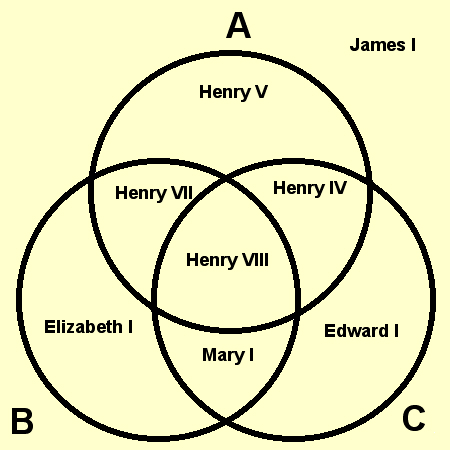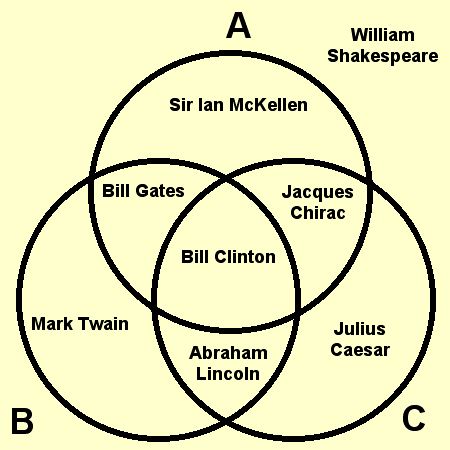Shaggy Dog, Sour Note
Tuesday, February 20th, 2007I’ve been watching reruns of Homicide: Life on the Street, an excellent police drama about murder detectives in Baltimore that I missed the first time around, except when there were Law & Order crossovers.
I just saw an episode, Shaggy Dog, City Goat, that detailed a freakishly improbable scenario. I accepted the premise at the time, because I was familiar with the story as a real-life occurrence, and I enjoyed the episode a great deal.
After the episode, I was curious to learn more details about the case, and so I did a little Internet research. I learned from Snopes that the story isn’t actually true; it’s just an urban legend. Now I feel like the story line in the Homicide episode is completely unbelievable and not worthy of the show.
It’s an idea that goes back to Aristotle, and it’s nicely summed up by Sam Seaborn in an episode of The West Wing. I’m paraphrasing from memory, but it goes something like this:
Aristotle said that a probable impossibility was preferable to an improbable possibility. The impossible is better than the improbable. He meant that you can have a broomstick sing and dance, but you can’t turn on the radio and hear exactly the news story you were listening for.
That’s about drama, but real life doesn’t have to be believable. Real life doesn’t care whether or not you suspend your disbelief. If something really happens, you have to accept it, no matter how improbable it is. You cannot, on the other hand, accept the impossible. Then, you must seek out alternative explanations or admit you don’t know everything.
What Sam didn’t know was that he was a fictional character in a drama. If he did, his life would make more sense to him at that moment. But this wouldn’t let the writers of The West Wing off the hook for Aristotle’s rule. As it turns out, the confluence of events in that episode were not too improbable to be believed. But I did have that problem with Magnolia, the 1999 film that uses the same story as the Homicide episode as a prelude to the action. It seems to be trying to tell us that since real life doesn’t follow Aristotle’s rule, then the movie doesn’t have to either. But it does, because the rules are different in drama.
So the real question is, am I allowed to retroactively not like an episode I enjoyed watching because of new information that’s come to light? I only accepted the premise because I thought that it really happened. Only real life is allowed to get away with something so bizarre.





